Common household disasters (& how insurance can help)
Cameron Fisher | 1st March, 2017
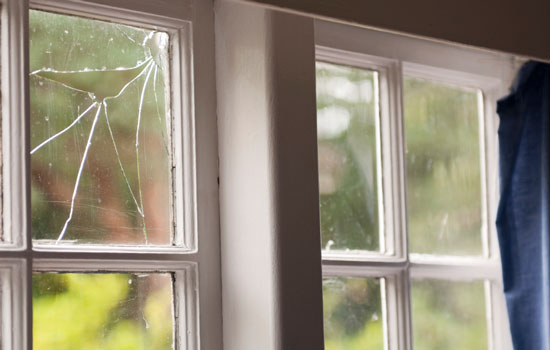
We never know when something’s going to go wrong with our home, but it’s likely that at some stage in your life as a homeowner, tenant or landlord, something most certainly will.
Whether you’re a homeowner dealing with a burst pipe or rotting floor, a tenant dealing with a burglary or a landlord wanting peace of mind that your property is safe, it’s important to think ahead and make sure you have a plan in place.
Dealing with home-related incidents after they’ve happened can be costly – and there’s not always extra funds to hand when they’re most needed.
How to cope with the extra costs
It’s wise to invest in a home and/or contents insurance package that will cover you for those unforeseen home disasters that might otherwise stretch the household budget a little too far.
There are three types of home-related insurance to consider:
- Contents Insurance
- Home Insurance
- Landlord Insurance
Related Article: Landlord Insurance – sleep easy at night
Contents insurance
This covers the household goods and personal effects you own, as well as covering items for which you are legally responsible – in most cases only when they are in the home, at the insured address.
Note: Contents insurance covers the contents of your home while they are at the address listed on your policy – so in your house.
If you want to cover items that you’d normally take outside the home, such as jewellery, musical instruments and bicycles, make sure you opt for personal effects cover.
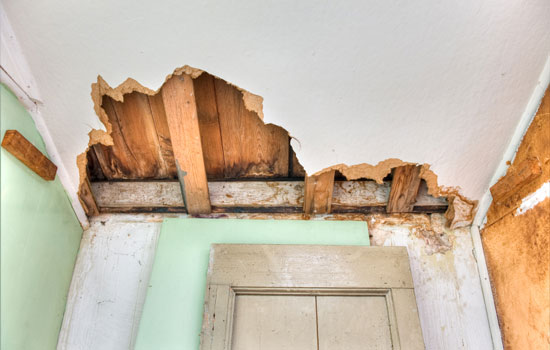
Home insurance
This covers the actual building – the bricks and mortar, ceilings and floors and domestic fixtures and permanent structural changes.
Note: Take heed, renovators – if you make significant upgrades to your home, you’ll need to update your insurance to cover any additions and the renovations may not be covered while they are underway.
If your property is part of a body corporate, it’s likely you’ll have building insurance as part of the contract with the strata management, but it’s still a good idea to check.
If you aren’t covered, it might be wise to insure.
Landlord insurance
Designed to protect your rental investment, landlord insurance safeguards your property against damages and loss – including loss of rent in the event of a household incident.
However, not all policies cover when a tenant defaults on their rent, or when a tenant steals or inflicts damage to your property.
Be sure to enquire as to whether you can add this vital element on, as it’s better to be safe than sorry.
Note: If you rent out a full or partly furnished property, you may need to add contents insurance to cover items such as whitegoods, furniture or appliances.
So what are the most common disasters?
The top 5 incidents Australians claim on Home and/or Contents insurance are:
1. Storm damage
A really heavy storm can have an unexpected impact all over your property. Prolonged rain, hail or storm can cause problems such as:
- Escaping rainwater from a water pipe, drain or gutter;
- Erosion, subsidence, landslide, mudslide or other earth movements.
Of course, insurers expect you to keep your property well-maintained in order to make a claim, so make sure that fences, retaining walls and garden borders are all kept structurally sound.
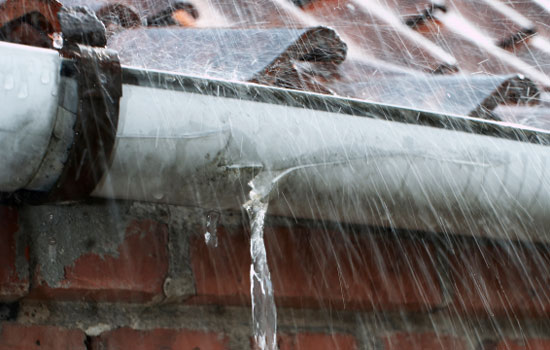
2. Theft
Burglaries and break-ins can be a terrible shock.
If your property incurs loss, damage or destruction caused by theft or attempted theft, you may be able to make a claim.
Just don’t forget to report the incident to the police.
Related Article: What you need to know about being a landlord
3. Escaped liquid
This dramatic-sounding event involves the sudden and unexpected escape of liquid in or around your property, such as:
- An overflowing bath, sink, toilet or basin;
- A leaky heating or cooling system;
- Water overflow from gutters and drainpipes;
- A leaking washing machine or dishwasher.
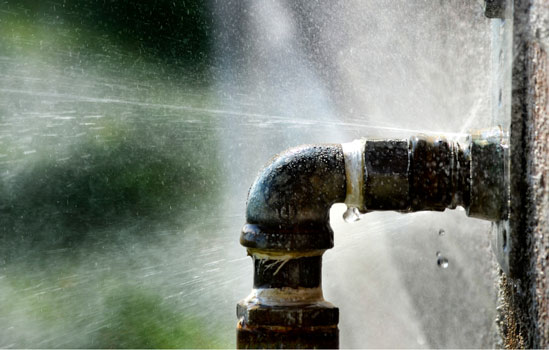
4. Accidental breakage of glass, ceramic and sanitary fixtures
Did your kids throw a cricket ball through the kitchen window? You can claim for accidental breakage to internal household fixtures, like:
- A ceramic cooktop or oven door;
- Fixed glass in any window, door, shower screen;
- A broken sink, basin, toilet or ceramic shower base.
Ground the kids later.
5. Impact
Seemingly unlikely, but surprisingly common, an impact situation can happen if a large tree branch falls through your roof due to high winds. Other impacts to your home may include:
- Damage caused by a motor vehicle, aircraft or watercraft;
- If an aerial, mast or satellite dish breaks or collapses.
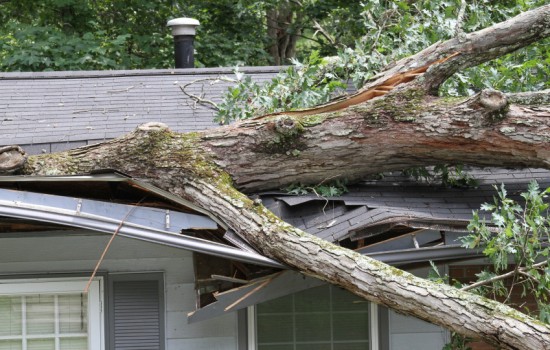
Accidents happen and they can be costly, so being prepared is essential.
While insurance may seem like an annoying cost to add to your list of expenses, you’ll be glad you’ve got a policy to fall back on if you’re unlucky enough to have one of the above incidents happen to you.
Note: Make sure you refer to your personal insurer’s full Policy Disclosure Statement for exact and up-to-date definitions of what they do, and do not, cover.
The information in this article is of a general nature only and does not consider your personal objectives, financial situation or particular needs.





Leave a Reply